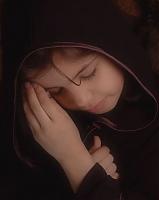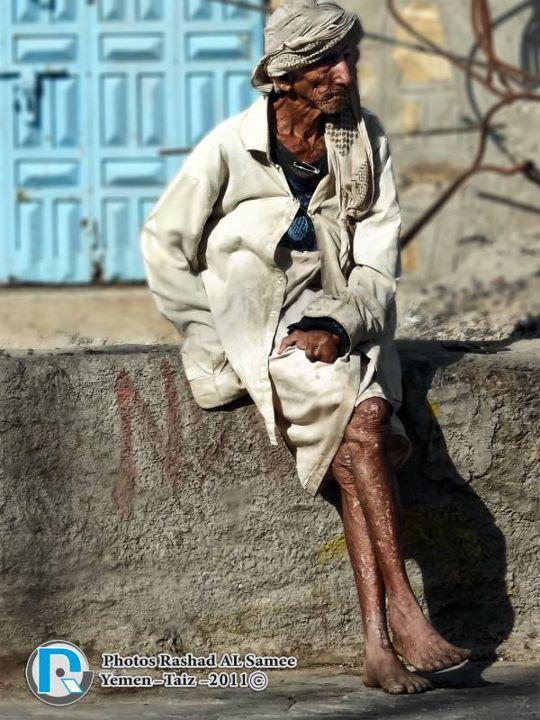WAYS OF WALKING

- walk: move on one's feet.
We walked to town.
- limp: walk unevenly because one leg is hurt.
That man is hurt, he's limping.
- hobble: walk with difficulty.
The old man hobbled along the street with the aid of his stick.
- stagger: walk unsteadily as if about to fall.
He was so drunk that he staggered all the way home.
- stumble: stagger.
She stumbled upstairs and into bed.
- lurch: stagger.
The drunken man was lurching along the street.
- tiptoe: walk on the tips of one's toes.
She tiptoed to the bed so as not to wake the baby.
- stroll: walk for pleasure.
They srolled around the park.
- amble: walk at a slow, leisurely pace.
They ambled along for miles.
- saunter: stroll.
They sauntered around the park.
- wander: move without a fixed purpose or destination.
They enjoy wandering through the countryside.
- roam: wander.
They roamed through the streets for hours.
- ramble: walk for pleasure with no particular destination.
He likes rambling around in the country.
- mooch: wander, walk slowly without any purpose.
John mooched about the shops.
- meander: walk in a slow, relaxed way instead of taking the most direct way possible. (Rivers also meander).
As I was sitting in the park, I watched as couples seemed to meander around happily.
- stride: walk with long steps.
She strode across the fields.
- strut: walk in a proud way, with the chest out and trying to look important.
He strutted past us, ignoring our greeting.
- swagger: walk proudly, strut.
After winning the first prize, the player swaggered about proudly.
- stalk: walk in a proud or angry way, with long steps.
The teacher turned and stalked out of the classroom.
- trudge: walk slowly and with effort because one is tired.
We were very tired after trudging through the deep snow for two hours.
- shuffle: walk very slowly and noisily, without lifting one's feet off the ground..
His legs were aching so much that he shuffled to bed.
- stump: walk heavily and stiffly.
They stumped up the hill.
- plod: walk with heavy steps or with difficulty.
Labourers plodded home through the muddy fields.
- pace: walk with regular steps.
He paced up and down the platform, waiting for the train.
- march: walk with regular steps of equal length.
Demonstrators marched through the streets of the city.
- parade: walk or march together to celebrate or protest.
Demonstrators paraded through the streets of the city.
- crawl: move slowly with the body close to the ground or on hands and knees.
A baby crawls before he can walk.
- toddle: walk with short unsteady steps.
Her two-year-old son toddled into the room.
- edge: move gradually with small movements.
Paul decided to edge away from the crowd.
- creep: move slowly and quietly with the body close to the ground.
The cat crept silently towards the bird.
- sneak: go quietly and secretly in order to avoid being seen or heard.
The boy sneaked in without paying.
- pad: walk softly and quietly.
The child padded barefoot down the stairs.
- prowl: walk slowly and quietly because you are involved in a criminal activity or because you are looking for something.
Street gangs usually prowl this alley.
- slide: move smoothly over a surface.
I was sliding on the ice.
- slip: slide accidentally.
She slipped on the ice and broke her leg.
- dash: move quickly and suddenly, rush.
I must dash or I'll miss the train.
- dart: move quickly and suddenly in the specified direction.
She darted away when I came in.
- scamper: run quickly and playfully.
The children were scampering up the steps.
- sprint: run very quickly for a short distance.
The kids sprinted down the stairs.
- jog: run slowly and steadily, as a way of exercising.
She goes jogging everyday.
- trip over: catch one's foot on something and stumble or fall.
He tripped over the step and fell.
- scuttle: move quickly with short steps, because you are afraid or do not want to be noticed.
The mouse scuttled off when we entered the room.
- scurry: move quickly with short steps, because you are in a hurry.
He was late so he had to scurry off to work.
- skip: move forward with quick steps and jumps.
The child skipped with joy towards his father.
- lope: run with long steps.
The man loped off after the ball.
- lollop: run with long awkward steps.
The dog came lolloping down the path.
- tear: run or move quickly in a dangerous or careless way.
When the storm started, they tore back into the house.
- rush: hurry, move quickly because you need to get somewhere soon.
She was late so she decided to rush off down the hall.
- hop: move by jumping on one foot.
The man hopped down the road after hurting his foot.
- trip: walk with short quick steps, usually as young girls do.
The little girl tripped happily up the road.
- lunge: make a sudden movement towards somebody or something.
The boxer lunged forward and grabbed his opponent by the arm.
- scramble: climb up or down, or over something quickly and with difficulty.
They had to scramble up to the top of the hill to see the view.
- hike: take a long walk in the mountains or countryside, as an adventure.
The group hiked up to the top of the hill.
- trek: hike; make a long, difficult journey on foot.
For ten days she trekked across the mountains of China.
- paddle (GB), wade (US): walk for pleasure without shoes or socks in water that is not very deep.
The children were paddling in the lake.
- waddle: walk with short steps, moving the body from one side
to another, used especially to talk about birds or people with fat
bodies.
The fat man waddled off to the restaurant for lunch.
- prance: walk with high steps or large movements, in a confident way.
She pranced around her room, pretending to be an actress.
- frogmarch: force somebody to walk by holding his arms tightly by his side, usually because of bad behaviour.
The prefect frogmarched the boy to the detention room.










